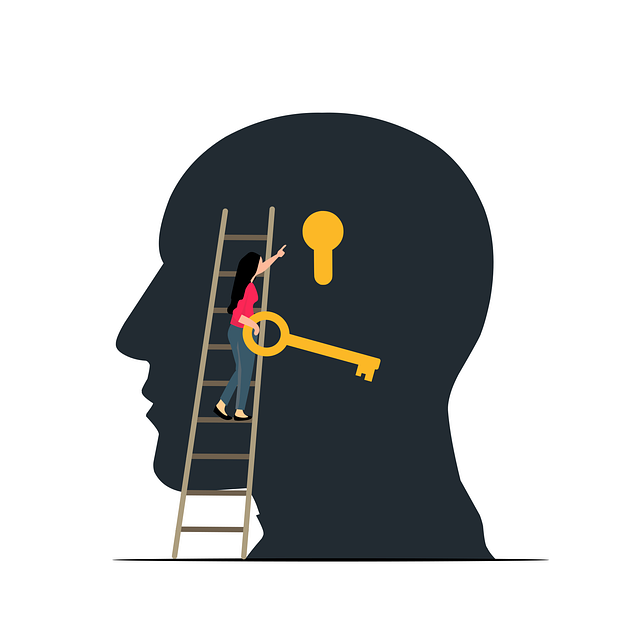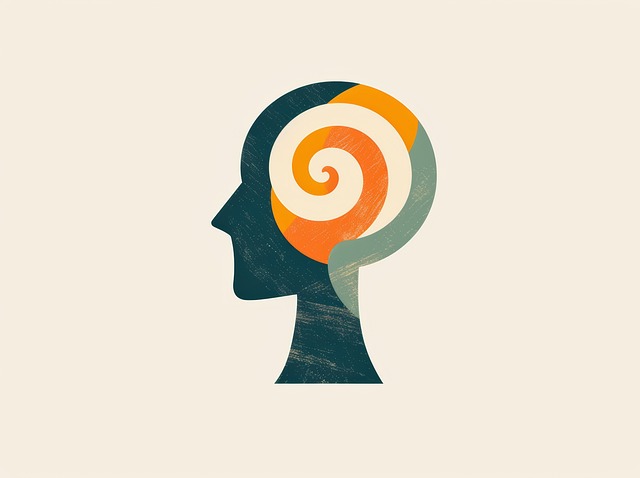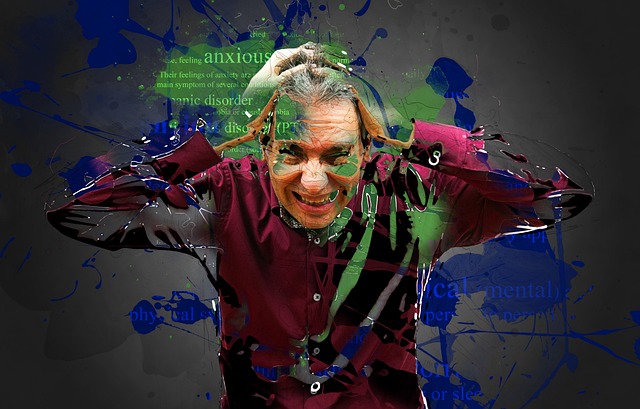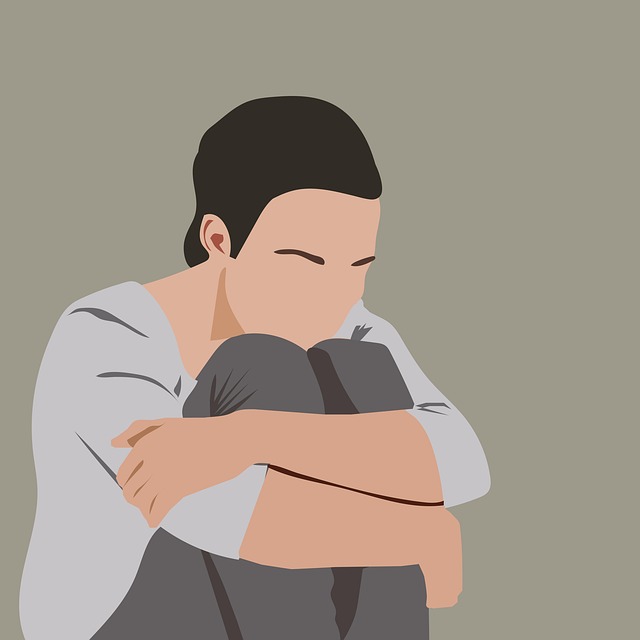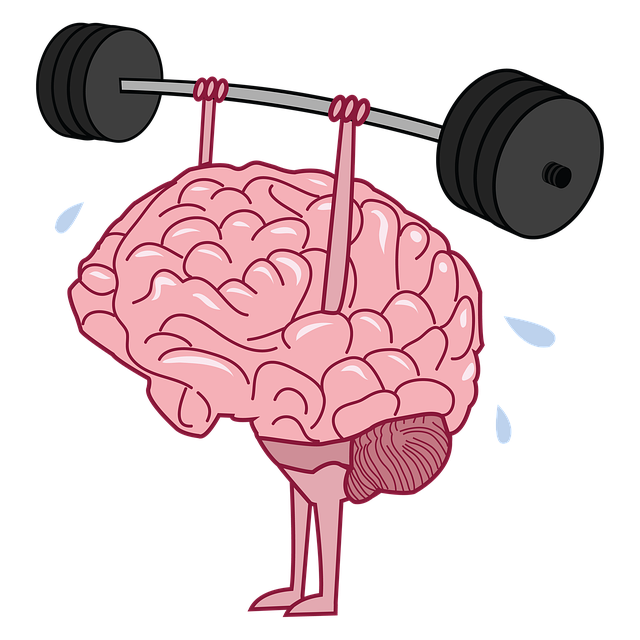Broomfield Learning Disability Therapy (BLDT) tackles the pervasive stigma surrounding mental illness, especially in individuals with learning disabilities, through education and specialized services. By promoting understanding, BLDT equips clients with coping strategies, encourages self-advocacy, and fosters a culture of mental wellness. Their community engagement initiatives, including workshops and support groups, challenge societal norms and destigmatize help-seeking behaviors. Aligned with global efforts like the WHO's Mental Health Action Plan 2013-2020, BLDT's evidence-based practices contribute to improved mental health outcomes, emphasizing culturally sensitive approaches and emotional healing for inclusive communities.
Mental illness stigma remains a significant barrier to treatment and recovery, affecting millions worldwide. This article explores comprehensive strategies to reduce this detrimental social construct, focusing on understanding its root causes and impact. We delve into innovative approaches like Broomfield Learning Disability Therapy, which offers unique methods to deconstruct stigma. Additionally, we examine the role of community engagement and education as powerful tools for change. Global initiatives and future directions round out our discussion, emphasizing collaborative efforts necessary to foster a more inclusive society.
- Understanding Mental Illness Stigma: Its Impact and Roots
- Broomfield Learning Disability Therapy: A Unique Approach to Deconstructing Stigma
- Community Engagement and Education: Powerful Tools for Reduction
- Global Initiatives and Future Directions in Stigma Reduction Efforts
Understanding Mental Illness Stigma: Its Impact and Roots

Mental illness stigma, a pervasive social issue, deeply affects individuals struggling with mental health challenges. It stems from misconceptions and fear, often leading to discrimination and isolation. This stigma has historical roots in societal ignorance and lack of understanding of mental disorders as genuine medical conditions. In many cases, it manifests as whispered judgments, invisible barriers, and limited access to essential services, impacting the quality of life for those affected.
The impact is far-reaching, hindering individuals from seeking help, fostering a culture of silence where unaddressed struggles may escalate. Broomfield Learning Disability Therapy plays a crucial role in countering this stigma through education and support. By promoting awareness, they aim to build confidence among individuals with mental health issues, encouraging them to speak up. Moreover, conflict resolution techniques and risk assessment tools for mental health professionals can help navigate challenging situations, fostering an environment of empathy and understanding, ultimately reducing the negative consequences of stigma.
Broomfield Learning Disability Therapy: A Unique Approach to Deconstructing Stigma

Broomfield Learning Disability Therapy offers a unique and innovative approach to deconstructing the stigma surrounding mental illness, particularly among individuals with learning disabilities. This therapeutic model recognizes that understanding and challenging societal perceptions is crucial for promoting mental wellness. By providing specialized services, it aims to break down barriers and foster an environment of acceptance and support. The therapy encourages clients to explore their experiences, express themselves freely, and develop coping strategies tailored to their needs.
Through a combination of individual counseling, group discussions, and creative activities, such as journaling exercises, the program guides participants in reflecting on personal struggles and building resilience. By incorporating stress reduction methods and encouraging mental wellness journaling, individuals gain valuable tools to navigate challenges. This holistic approach not only assists in managing symptoms but also empowers clients to become advocates for their own mental health, contributing to a broader culture of understanding and acceptance.
Community Engagement and Education: Powerful Tools for Reduction

Community engagement and education play a pivotal role in the ongoing battle against mental illness stigma. By fostering open dialogues and providing accessible resources, Broomfield Learning Disability Therapy aims to empower individuals and communities alike. Workshops and support groups facilitate self-awareness exercises, encouraging personal reflections that challenge societal norms and preconceived notions. These platforms offer safe spaces for sharing experiences, thereby humanizing mental health struggles and promoting empathy.
Furthermore, community education efforts focus on burnout prevention and self-care routine development, equipping individuals with practical tools to manage their well-being. Teaching coping strategies and destigmatizing help-seeking behaviors are key components of these initiatives. Through collaborative efforts, communities can create an environment that supports mental health, reduces isolation, and encourages early intervention—ultimately paving the way for improved outcomes and a more inclusive society.
Global Initiatives and Future Directions in Stigma Reduction Efforts

Global initiatives have been gaining momentum to combat mental illness stigma, reflecting a growing recognition of its universal impact. Organizations like the World Health Organization (WHO) have led efforts to destigmatize mental health issues through public awareness campaigns and policy reforms. These initiatives focus on early intervention, access to quality care, and promoting understanding through education. For instance, the WHO’s “Mental Health Action Plan 2013-2020” aims to reduce suicide rates and improve mental health services worldwide.
Looking ahead, future stigma reduction efforts should build upon these global strategies while tailoring them to local contexts. Integrating evidence-based practices like Broomfield Learning Disability Therapy can enhance therapeutic outcomes. Furthermore, focusing on inner strength development and emotional healing processes through Mental Health Education Programs Design will empower individuals to manage their mental health proactively. By combining international guidelines with culturally sensitive approaches, we can foster inclusive communities that support emotional well-being for all, ultimately reducing the barriers created by stigma.
Mental illness stigma, deeply rooted in societal perceptions, significantly hinders individuals from seeking support. However, through innovative approaches like Broomfield Learning Disability Therapy, community engagement, and global initiatives, we are witnessing a shift towards deconstructing these harmful narratives. By fostering open dialogues, providing education, and implementing effective strategies, the future looks promising for reducing mental health stigma worldwide. These efforts are crucial steps toward creating an inclusive society where everyone can access the care they need without fear of judgment.

